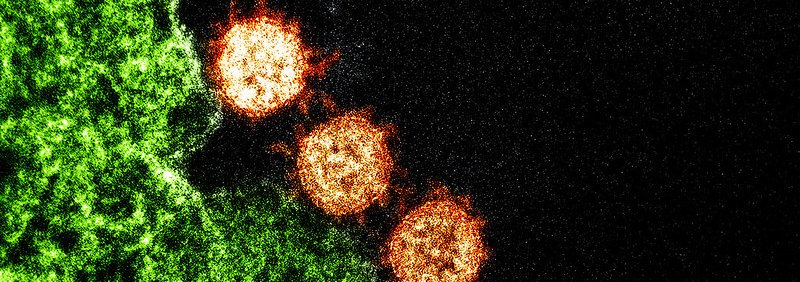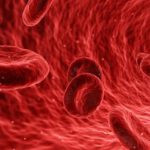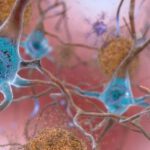Cholera is an infectious disease that, in severe cases, results in vomiting and diarrhea, which, if left untreated, can lead to death caused by dehydration and electrolyte loss sometimes even within hours. In 1883 physician and microbiologist Robert Koch identified Vibrio cholera as the bacterium that causes the disease. It can be found in plankton, shellfish, and the feces of infected persons. Even though various public health measures targeted at disease monitoring and control have limited the spread of the disease in this century, Cholera continues to spread in disaster-struck regions, such as Haiti in 2010 and Yemen in 2017 where people had no access to clean water and adequate sanitary facilities.
In this PBL case, students research and discuss cholera within the paradigms of microbiology, epidemiology, public health, medicine, history and policy.



